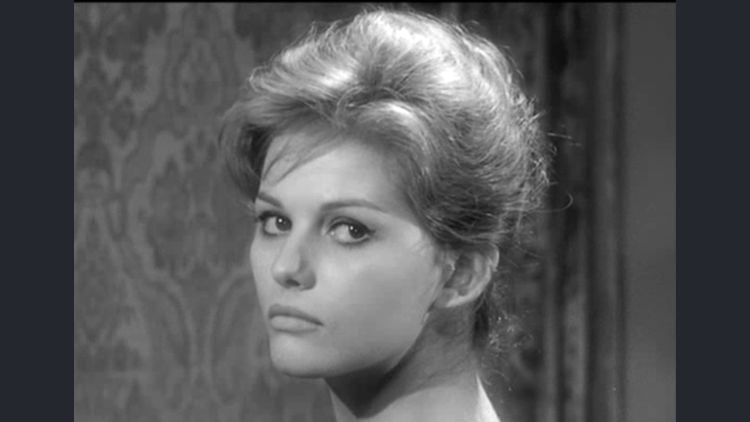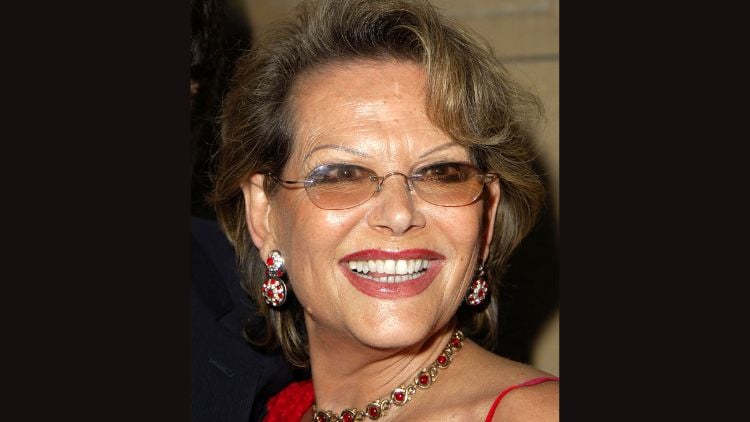Claudia Cardinale, the iconic Italian actress who became a glamorous symbol of post-war cinema and went on to have a long career in film and theatre, has died at the age of 87, according to Reuters and French media outlets.
Claudia Cardinale, born April 15, 1938, in Tunis, Tunisia, was one of Italy’s most celebrated actresses and an enduring icon of European cinema. Raised in a Sicilian family, she initially planned to become a teacher before her striking beauty brought her unexpected fame. After winning a beauty contest in Tunis, she was offered film work in Italy, where her career quickly took off in the late 1950s and 1960s.
According to Reuters, Cardinale’s early career was marked by a hidden struggle: she became pregnant in 1958 after what she described as an abusive relationship. She gave birth to her son, Patrick, in London that year, but for several years presented him publicly as her younger brother while her parents raised him.
Cardinale became known as the glamorous face of post-war Italian cinema, starring in some of the most influential films of the era. She worked with legendary directors including Federico Fellini, Luchino Visconti, and Sergio Leone. Among her most acclaimed roles were performances in Rocco and His Brothers (1960), Fellini’s 8½ (1963), and Leone’s epic Once Upon a Time in the West (1968). Her performances blended elegance, sensuality, and emotional depth, making her one of the most recognizable screen figures of her generation.
In addition to Italian classics, Cardinale also achieved international success, appearing in Hollywood productions such as The Pink Panther (1963) alongside David Niven and Peter Sellers. Unlike many European actresses of her time, she successfully navigated between European art-house films and mainstream international projects, earning admiration for her versatility.
Beyond film, Cardinale also built a respected career in theatre and later became active in humanitarian work. She served as a UNESCO goodwill ambassador, advocating for women’s rights and education. Known for her independence and strong personality, she often portrayed women who were complex, resilient, and ahead of their time.
Cardinale received numerous honors throughout her life, including lifetime achievement awards at the Venice and Berlin Film Festivals, cementing her place among cinema’s greats. Despite being hailed as a screen siren, she consistently emphasized that she wanted to be valued for her craft rather than her beauty.







